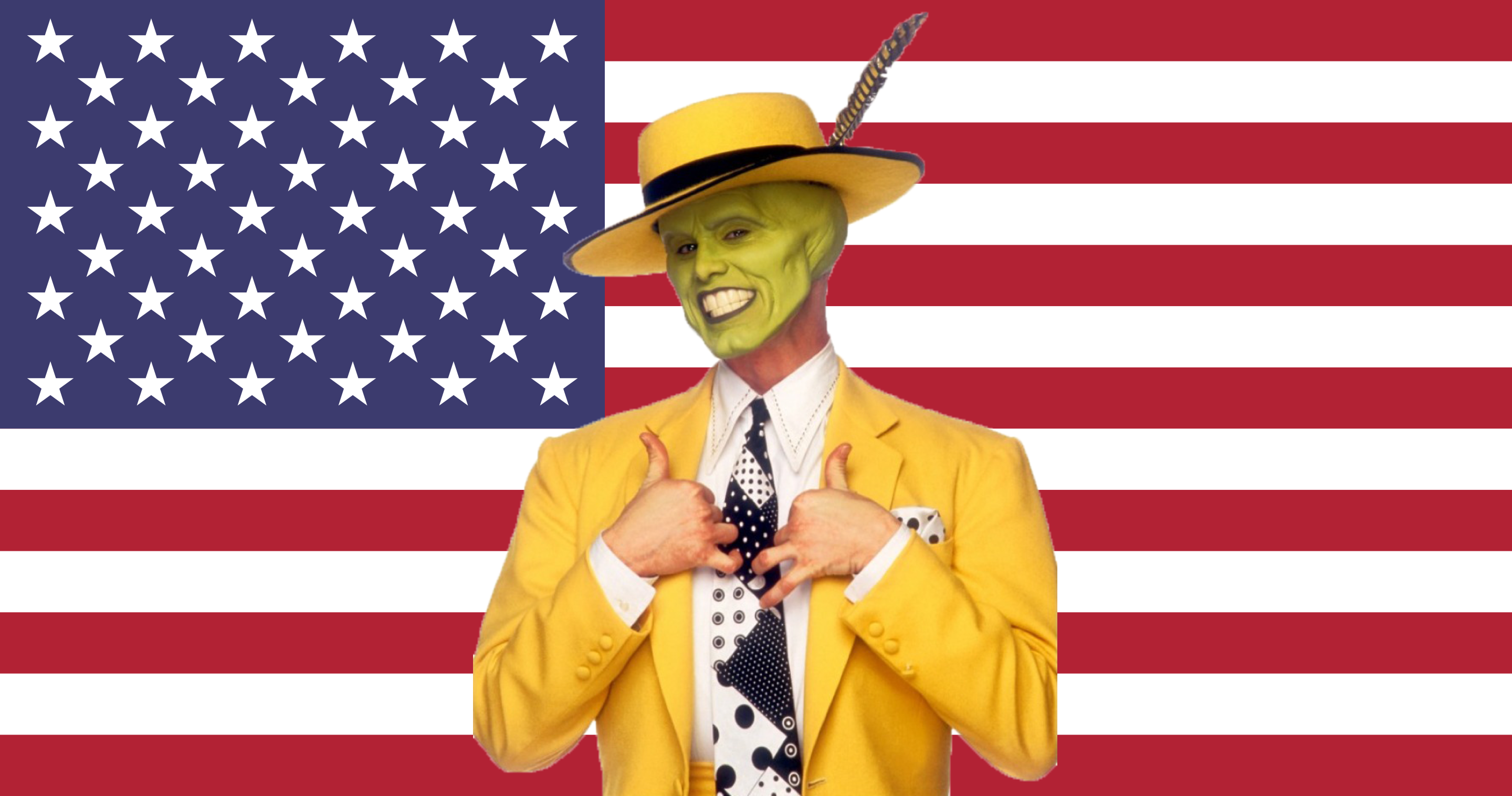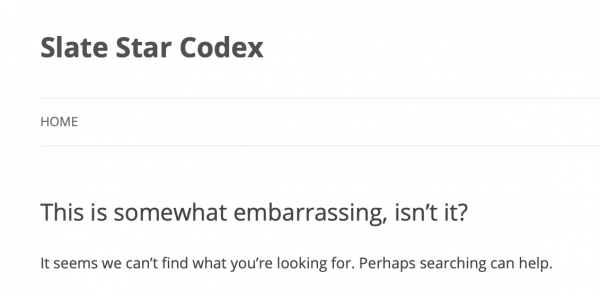In real life, trade-offs abound.
No Meat Suit for Me

An amusing meme bespeaks the ultimate dread.
I don’t remember when exactly I started to see people casually referring to their bodies as “meat suits”—it must have been around 2016 or 2017, when I was in high school—but I do know where: on Instagram, where all the good memes eventually go to die.
Memes reflect how a certain group of people in a certain place in a certain time relate to their lives, and so it follows that a good meme, as opposed to a bad meme or a mediocre meme, must check precisely three boxes. It must involve some funny image. Its text must be snappy. And it must be at least a little bit existential. “Meat suit” touches every base. Understanding it is essential to understanding the cultural rot that now touches us all.
The term seems to have entered the lexicon of the perpetually online via the TV show Supernatural (2005-2020) but has since infected popular discourse generally. Last April, for instance, the author Chuck Wendig wrote a whole book called, You Can Do Anything, Magic Skeleton!: Monster Motivations to Move Your Butt and Get You to Do the Thing. Presumably, it had been a few years in the making, as in August 2018, Wending tweeted out, “TUESDAY. The day you realize that nothing can stop you, because you are a MAGIC SKELETON packed with MEAT and animated with ELECTRICITY and IMAGINATION. You have a cave in your face full of sharp bones and five tentacles at the end of each arm. YOU CAN DO ANYTHING, MAGIC SKELETON.” The Richard Dawkins Foundation for Reason and Science praised the quip on Twitter.
Another “meat suit” meme that seems to have been floating around the internet for ages is just a block of text. “You are a ghost driving a meat covered skeleton made from stardust riding a rock floating through space. Fear nothing.” Push through your extremely unlikely and equally futile existence, it seems to tell us. Your life may be meaningless, but at least you can laugh at it!
As it turns out, exulting in the idea of being just a meat suit is hard to sustain, and inevitably collapses into angst and dread. Reads one cartoon, “You are a monstrous jellyfish. Piloting a skeleton. Wrapped in a meat suit. What the hell are you afraid of?” Each sentence of text corresponds to a cartoon panel, which is sketched entirely in the anatomical red of intro biology textbooks. First the jellyfish-like nervous system. Then the skeleton. Then the muscles. And finally, most horrifyingly—you.
Another, on iFunny, shows a skeleton drawn in Sharpie black, staring at the image’s beholder as it unzips the flesh right off. “I’d shuck this meatsuit like a corn husk if I could, make no mistake pal,” it says, in a handwritten caps lock that amplifies the horror while rendering it entirely mundane.
Your body is not really yours, and you are not really your body’s. Given the nihilism implicit in this all-too-popular message that insists on the meaninglessness of life, it is unsurprising that, although masks are minimally effective at best in preventing disease in public settings, people were totally fine with not seeing other faces for years on end; that, although the evidence strongly suggests children face next to no risk from Covid, people nevertheless barred children from going to playdates in their formative years; and that, although face-to-face human interaction in the “meatspace” is indispensable to our emotional well-being and social cohesion, people seemed to welcome the official pronouncement that many such interactions were nonessential. Well before Covid was even a cough on anyone’s seismograph, the individual person had become in the collective mindset a clump of floating cells and neurons firing through space for a finite amount of time, with happiness and joy, or suffering and pain, just representations of serotonin fluctuations.
The fact that we treat people as disease vectors is a function of the prevailing idea that the human person is a golem, an apparatus of aggregate raw material. But we are not animated skeletons, nor reducible to a series of chemical reactions. We are people, with souls, and it’s time we started treating each other like it.
The American Mind presents a range of perspectives. Views are writers’ own and do not necessarily represent those of The Claremont Institute.
The American Mind is a publication of the Claremont Institute, a non-profit 501(c)(3) organization, dedicated to restoring the principles of the American Founding to their rightful, preeminent authority in our national life. Interested in supporting our work? Gifts to the Claremont Institute are tax-deductible.
The New York Times cancels social science in the name of social justice.
How to combat the rising woke regime



